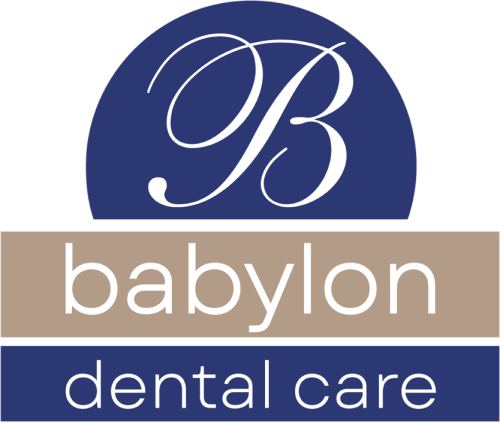Did you know sleep problems could impact your dental health? When you have trouble sleeping, the last thing on your mind is your oral health. However, sleep-related medical conditions can impact your oral health, leading to pain and tooth decay.
What do you need to know about sleep apnea and your oral health? The team at Babylon Dental Care sheds light on how this common sleep condition may damage your mouth.
What Is Sleep Apnea?
Sleep apnea is a medical condition characterized by the disruption of normal breathing. Obstructive sleep apnea is the most common form of the condition. OSA occurs when the soft tissues in the throat, tongue, or soft palate block the upper airway during sleep. Individuals with sleep apnea repeatedly stop and start breathing through the night. Sufferers may wake tired, fatigued, irritable, and not fully rested.
How Does Sleep Apnea Affect Your Oral Health?
How can a sleep condition affect your oral health? Believe it or not, your dentist is sometimes the first person to recognize the telltale signs of sleep apnea. Bruxism, or teeth grinding, can be a sign of sleep apnea. Often, to counteract the relaxation of the tongue and soft palate, a person unconsciously tightens their jaw, grinding their teeth. Tightening the jaw may be the body’s way of preventing your airway from becoming blocked. Uneven or increased wear on your teeth or inflamed and receding gums are common signs of bruxism.
Temporomandibular joint disorder, or TMJ, may also be a complication of sleep apnea. Although the link between the two disorders is still unclear, studies indicate people diagnosed with obstructive sleep apnea were twice as likely to suffer TMJ disorders. TMJ is a painful condition that leads to headaches, jaw discomfort, neck stiffness, and ear pain.
Unfortunately, sleep apnea can also cause tooth decay. Many sleep apnea sufferers breathe through their mouths or gasp for air at night to compensate for the lack of oxygen. Breathing through the mouth dries out the mouth. Your mouth needs saliva to break down food particles and wash away harmful bacteria. A dry mouth can increase plaque and bacteria, causing tooth decay, cavities, mouth sores, and gum disease.
Symptoms of Sleep Apnea
Are you worried your dental problems may result from undiagnosed sleep apnea? Some of the most common signs of the condition include the following:
- Snoring
- Daytime fatigue
- Dry mouth
- Sore throat
- Waking up and gasping for breath at night
- Morning headaches
- Irritability or changes in mood
Your Dentist Can Help
Unfortunately, most people don’t know they have sleep apnea until they visit the dentist. A dentist can pick up on the classic oral health signs that something outside your regular oral care routine is causing significant dental health problems. However, there are treatment options that can help correct your dental problems and may help improve the quality of your sleep.
Oral dental appliances can help prevent you from grinding your teeth at night, and oral splints and mouth guards may benefit individuals with TMJ. Your dentist can also help you locate other medical resources for diagnosing and treating sleep apnea.
Are you concerned about your teeth? Schedule an appointment with knowledgeable and compassionate oral health care providers at Babylon Dental Care. Call (631) 893-6665 today.
